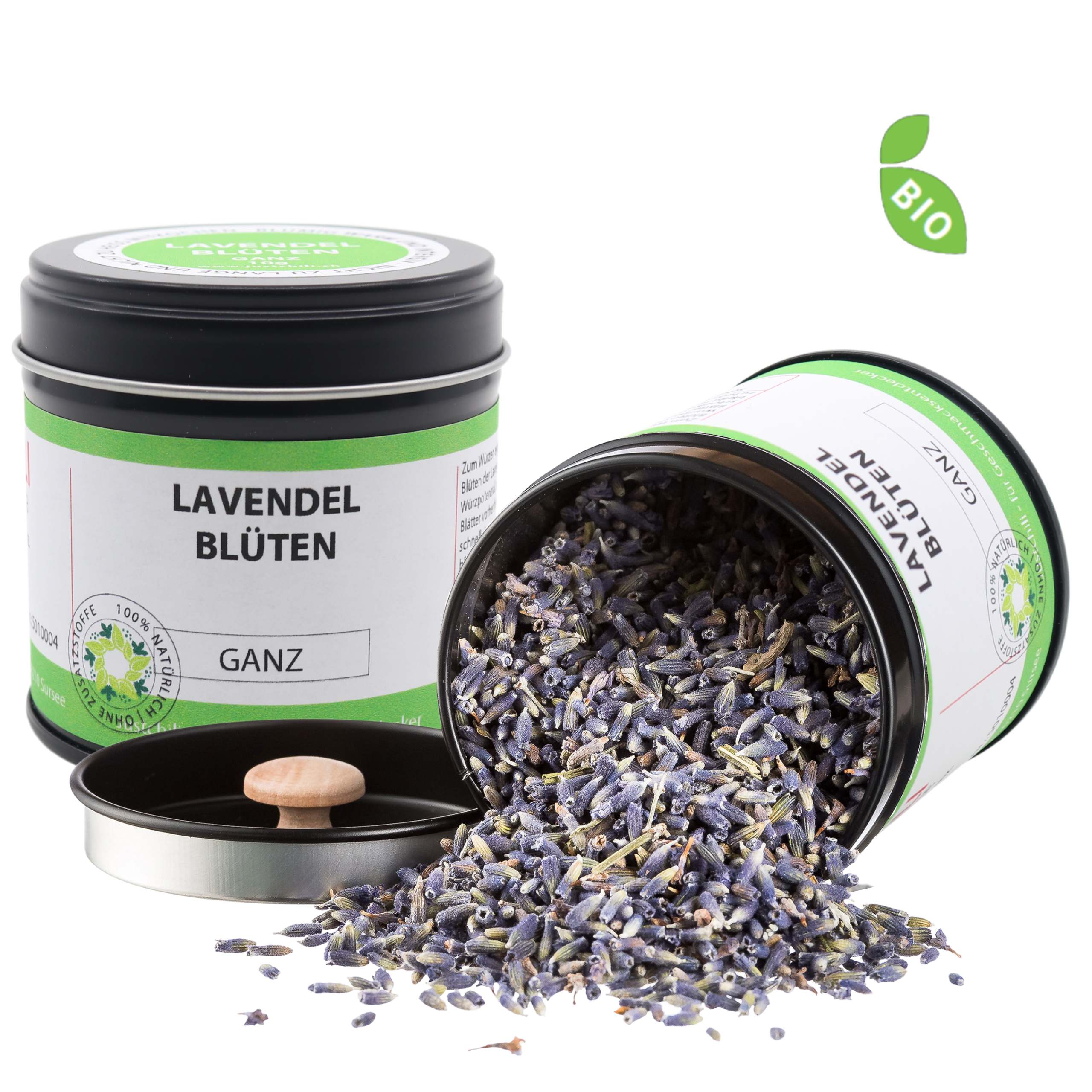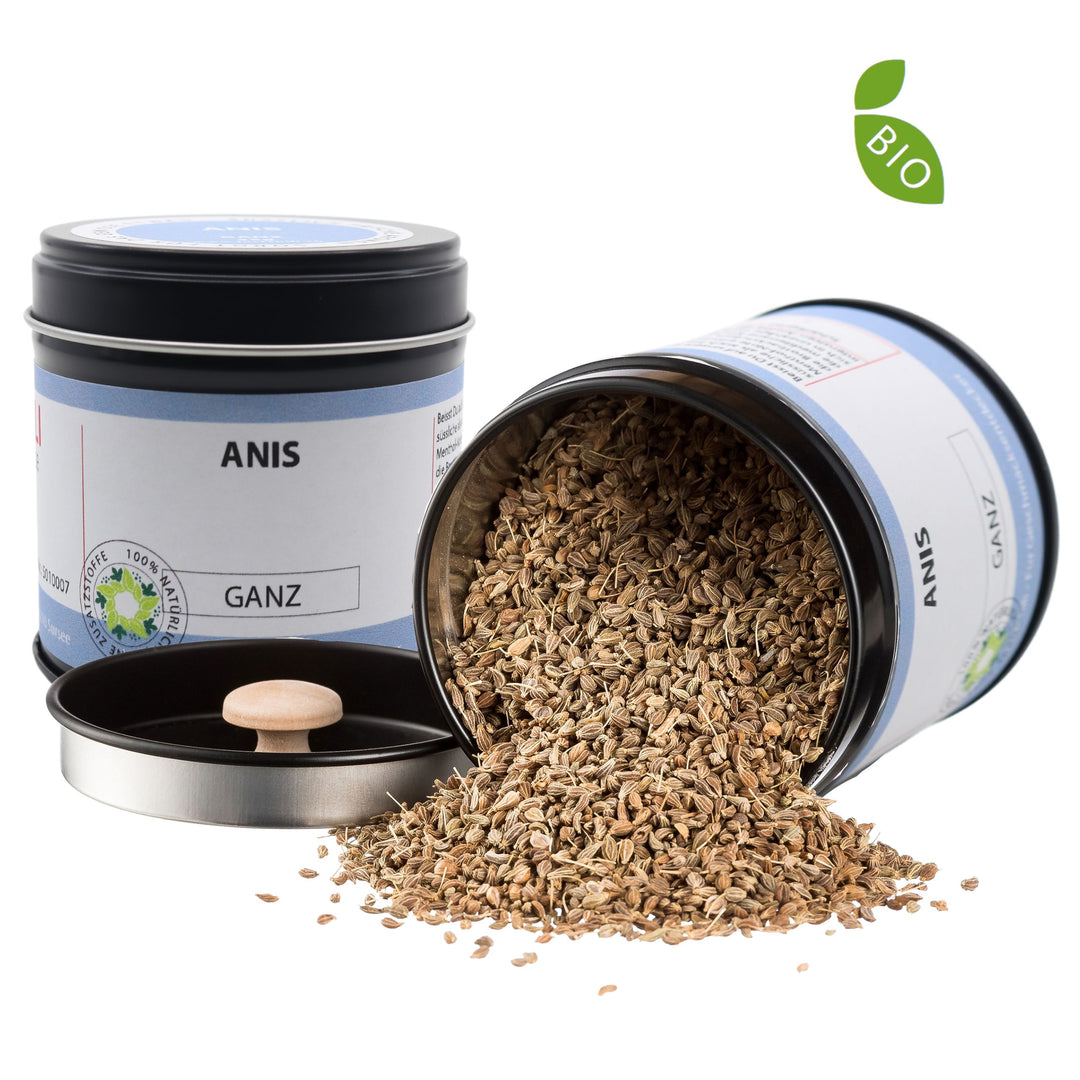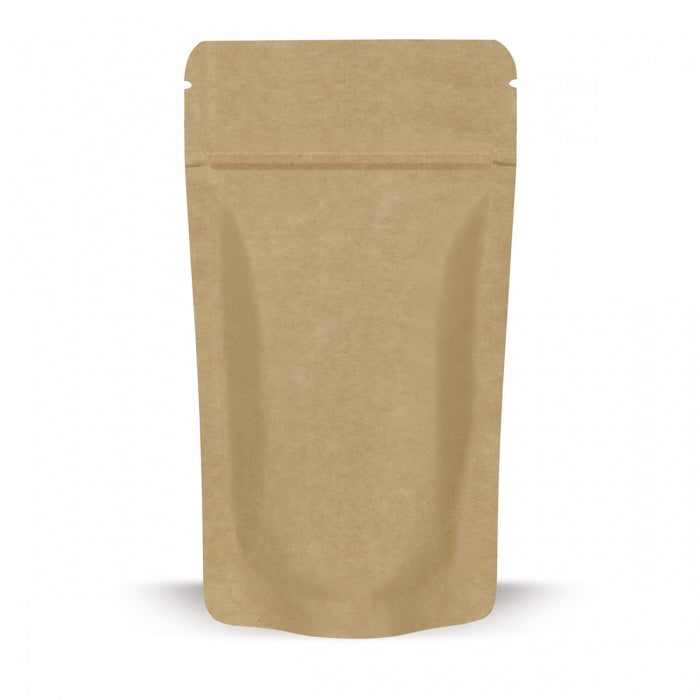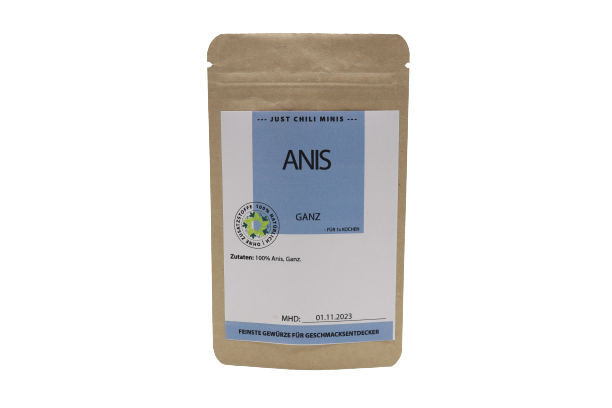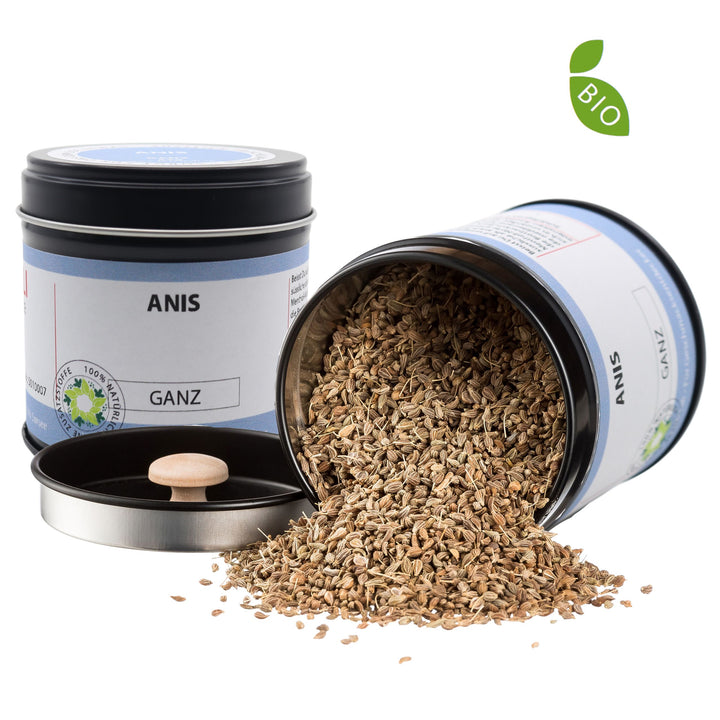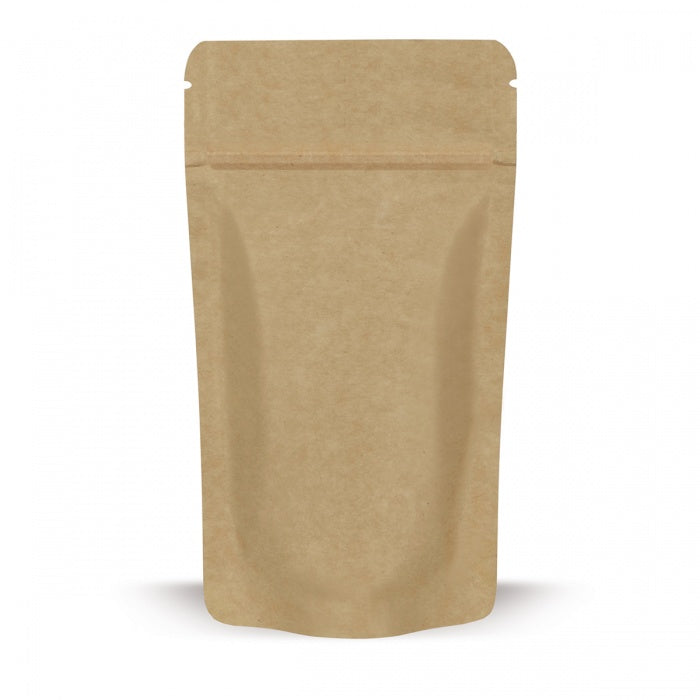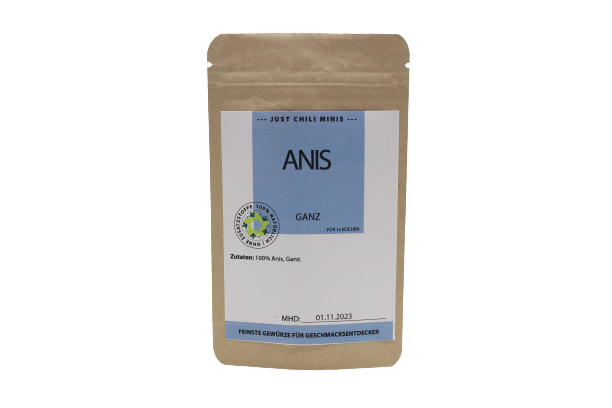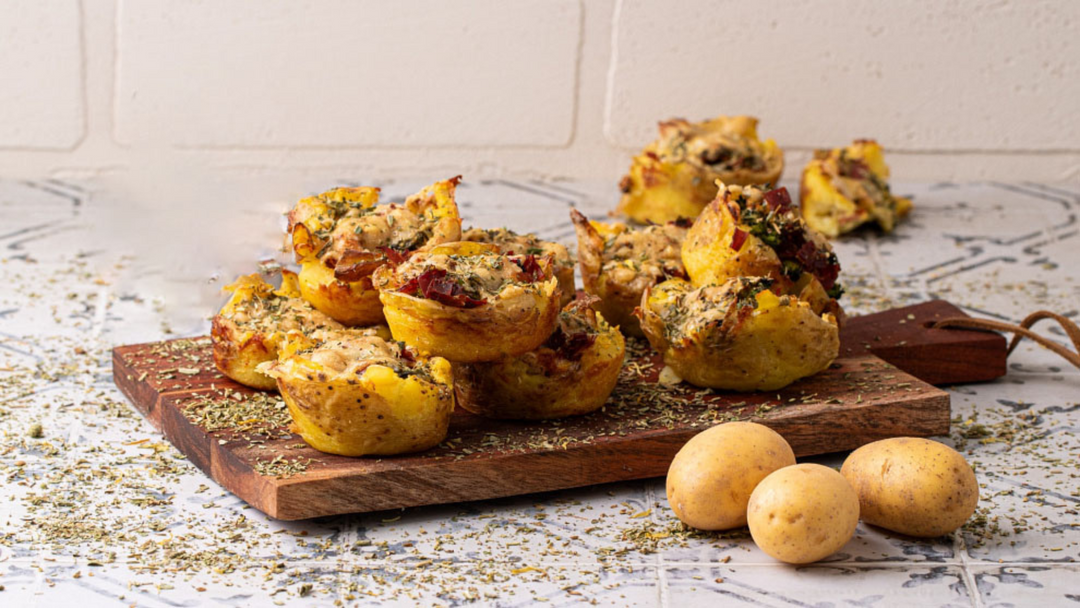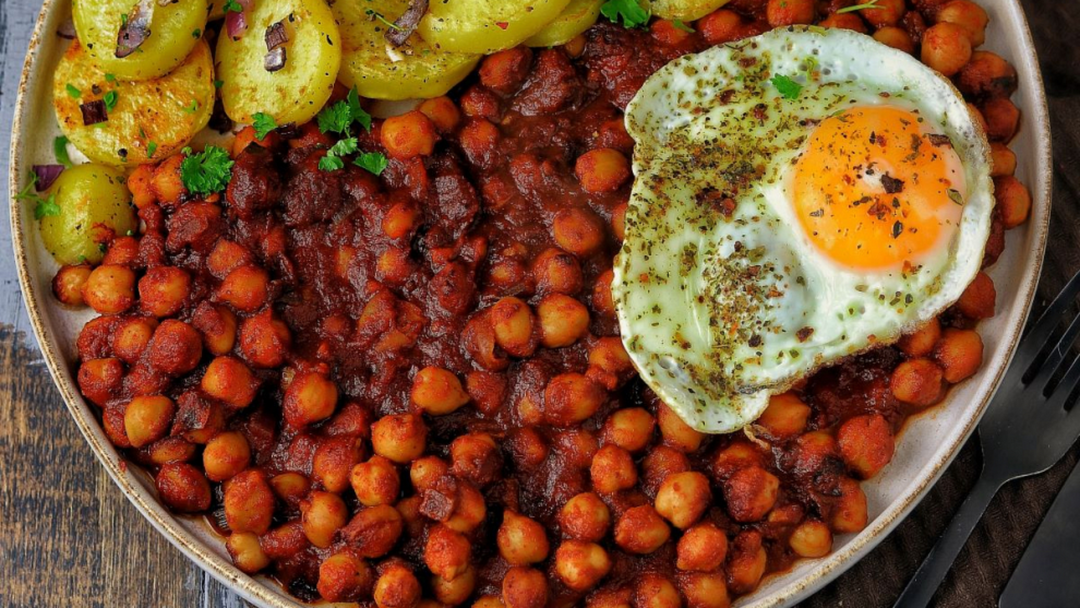
Bei Justchili stehen wir für höchste Qualität und natürliche Reinheit. Unsere Gewürze und Mischungen werden in der Schweiz mit grösster Sorgfalt abgefüllt, frei von künstlichen Zusätzen oder Rieselhilfen. Jedes Produkt entsteht in kleinen Chargen, um maximale Frische und unverfälschten Geschmack zu garantieren. Entdecke mit Justchili den Unterschied, den echtes Handwerk und beste Zutaten machen können.

What do deep black licorice snails, Greek schnapps and a popular variety of Christmas cookies have in common? Exactly: they all taste like aniseed! The traditional spice with the characteristic taste is one of the oldest in the cultural history of medicinal plants and is still a long-running favorite on spice shelves.
AROMA AND USE
If you bite on our whole anise seeds, you will taste both sweet and fresh aromas. The light menthol note is reminiscent of fennel and will delight all lovers of high-proof drops such as pastis, ouzo or raki. From confectionery to bread bakeries, from Indian Ayurvedic cooking to Mediterranean cuisine - anise is a culinary chameleon that fits perfectly into countless dishes and gives them that certain something with its intense aroma. To get the full flavor out of the seeds, you can crush them in a mortar before using them in your kitchen.
WHAT DOES ANISEE GO WITH? OUR SPICES IN YOUR KITCHEN
Ouzo and Raki already give you an idea: Anise is an integral part of the cuisines around the Mediterranean. The fresh notes complement all kinds of vegetable dishes such as stews and go perfectly with fish, which is best enjoyed freshly caught near the coast. Anise promises all lovebirds an additional bonus: If your loved one has eaten too much garlic - which is often used in Mediterranean cuisine - it's worth having a few anise seeds on hand after the meal at the latest.
From hot kisses to sweet temptations: here too, organic aniseed, which is popularly referred to as “sweet caraway”, shines. If you have a sweet tooth, we probably don't even need to tell you how delicious aniseed cookies taste at Christmas time. But once the snow has melted at the latest, the sweet treats can take a summer break. But you definitely don't have to miss out on the fresh taste of anise during this time. Instead of sugary pastries, how about a multi-faceted fruit compote with the fresh aroma of organic anise? A simple and healthy snack that adapts perfectly to the orchard's seasonal offerings.
OVER TWO THOUSAND YEARS OF ANISE - SMALL INSIGHTS INTO A LONG HISTORY
If you look into the cultural history of various spices, you will often end up in distant India or the Orient, where the early trade routes for spice transport ran along the Silk Road. But even in Europe, archaeobotanists – scientists who search for traces of plants during excavations – were able to demonstrate the early use of various medicinal and spice plants. Anise was well known to the early advanced cultures of the Western world: both Greeks (including the mathematician Pythagoras) and Romans (such as the poet Virgil) swore by the sweet, fresh seeds.
In comparison, anise did not lose any of its importance in the Middle Ages: it was used in the kitchen on festive occasions and delighted the guests present, especially at lavish weddings. But even in strict abstinence, a little anise could sweeten the day: “Pimpinella ansium” grew in many monastery gardens as a medicinal plant that was used to loosen mucus in bronchitis and was supposed to be gentle on the stomach. We can well imagine that monks and nuns occasionally snacked on the delicious plant seeds.
ANISE AND STAR ANISE – WHAT’S THE DIFFERENCE?
It sounds like these two spices must be closely related: anise and star anise. In fact, they don't even belong to the same plant species, because anise is one of the so-called umbelliferous plants and is therefore closer to fennel than to its own namesake. While this botanical difference strictly separates the two, the spices are closer in taste: anise is slightly sweeter than the star-shaped and more striking variant, whose aroma is also characterized by the essential oil anethole.
The culinary uses of anise and star anise do not differ significantly from one another. Both are popular in winter Christmas bakeries, where star anise usually only wins because of its visual advantage. Instead, anise is considered an undisputed classic for all kinds of bread dough. Both are also used in eastern cuisines: star anise is part of the Chinese five-spice powder, while anise dominates in Ayurvedic cuisine, where it is said to have digestive properties. On this point, anise wins by a nose in the tight race for better reputation, as it was voted medicinal plant of the year in 2014.
ORIGIN
Anise has been cultivated in the eastern Mediterranean for centuries. The plant requires a temperate climate and bears the sought-after fruits between August and September. We source our anise seeds from controlled organic cultivation.
Ingredients: 100% Anise, Whole.
Feine Rezepte für Dich
View all





